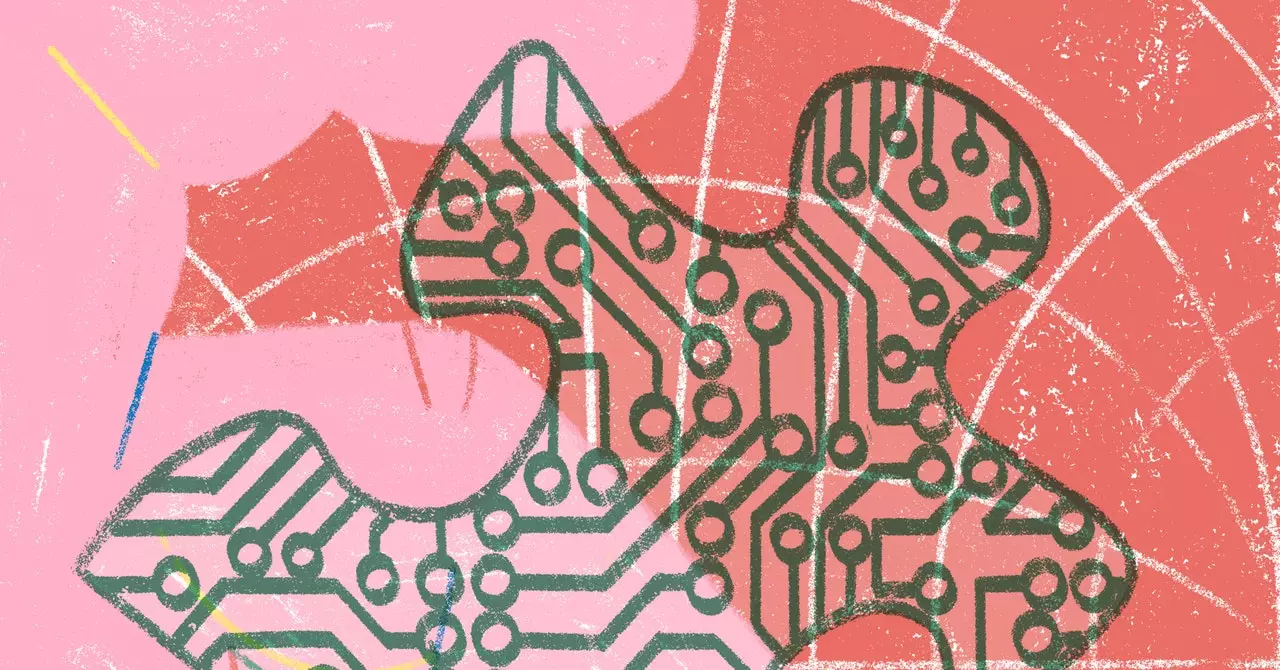In recent years, the criticisms of Big Tech have evolved from niche discussions among activists to a widespread consensus that spans a diverse array of stakeholders. Both major political factions and influential technology figures are choosing to vocalize their discontent, suggesting a pivotal shift in public sentiment. The emergence of platforms like Y Combinator aligning with more traditional venture capital entities such as a16z marks the onset of a newfound allegiance to “little tech”—an entity committed to decentralization and competition that actively resists the overpowering grip of tech giants.
The Consequences of Centralization
The pitfalls associated with a centralized tech ecosystem are becoming increasingly apparent, woven into the fabric of contemporary society. Centralization leads not only to surveillance but also to an alarming concentration of information that can be manipulated by those in power. The ramifications became starkly evident during the CrowdStrike failure that transpired in mid-2024 due to Microsoft’s corner-cutting practices. Critical infrastructure, from healthcare systems to financial institutions, faced catastrophic challenges that illuminated the fragility of entrusting such systems to a handful of corporate behemoths. These failures serve as cautionary tales, underscoring the risks involved when essential services become reliant on a restricted set of providers.
Partially driving the reclamation of criticism towards Big Tech is the booming but faltering AI industry. Once seen as a golden goose for tech investment, major financial stakeholders like Goldman Sachs and Sequoia Capital are beginning to express apprehension regarding the economic viability of extensive AI projects. This unease stems from a mismatch between the massive capital outlays required and the subdued returns that often result. As the market begins to pressure these companies, it raises an existential question: Can Big Tech continue to capitalize on AI growth when the fundamentals appear increasingly uncertain?
Equally unsettling for Big Tech’s prospects is the growing cultural focus on privacy. As evidenced by the continuous rise of user bases for privacy-centric applications like Signal, individuals are increasingly inclined to protect their personal data at all costs. In stark contrast, many AI systems inherently conflict with these privacy values, as they demand extensive data collection. The introduction of Microsoft’s Recall application, designed to create a flawless memory of user activity through exhaustive data capture, serves as a case study in the paradox of modern tech—offering convenience at the expense of privacy.
Despite Big Tech’s pervasive influence, there are emerging movements that signify a departure from current paradigms. Within Europe, discussions are underway to foster independent technology infrastructures that prioritize transparency, democracy, and open-source initiatives. Robust collaborations between developers, political economists, and governance scholars highlight an opportunity to rethink our relationship with technology. Rather than simply criticizing the status quo, these leaders are working to construct alternatives that are equitable, decentralized, and genuinely represent the users they aim to serve.
As the convergence of societal discontent, economic anxiety, and a rising demand for privacy fuels a reexamination of Big Tech, the potential for a vibrant alternative tech landscape emerges. The outcome of this evolution stands to redefine our technological future and reinforce the values of autonomy and decentralization.

